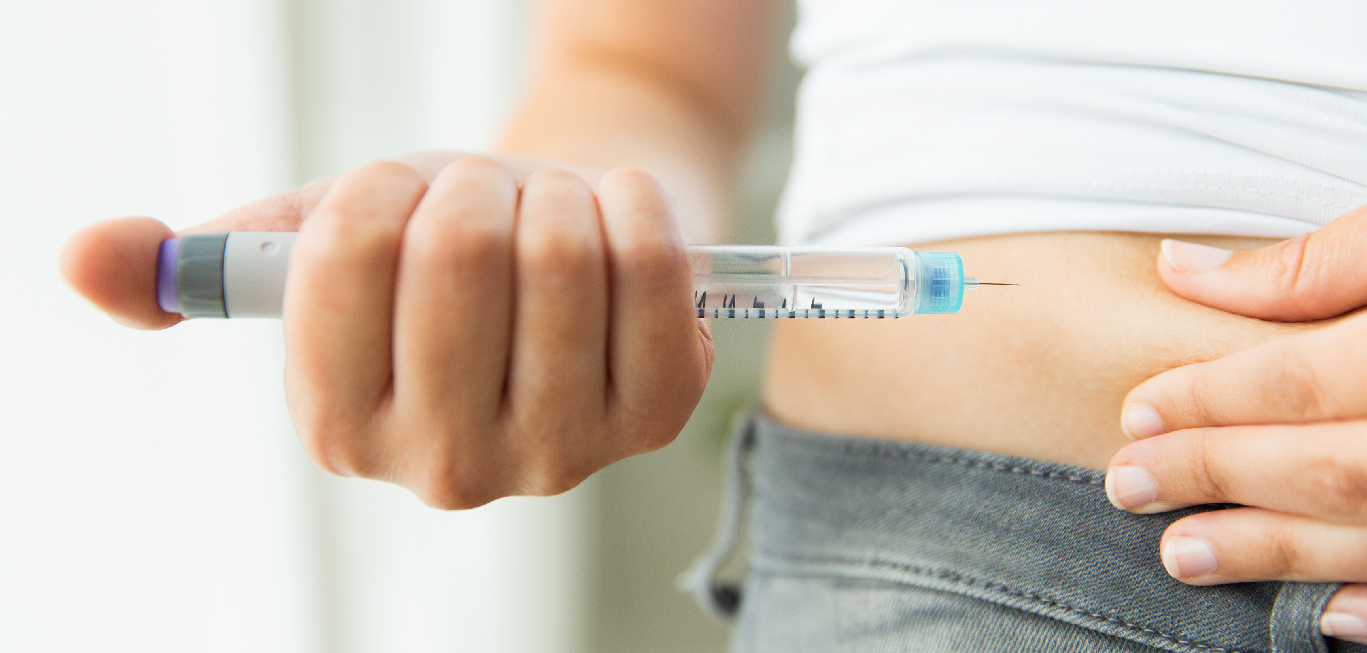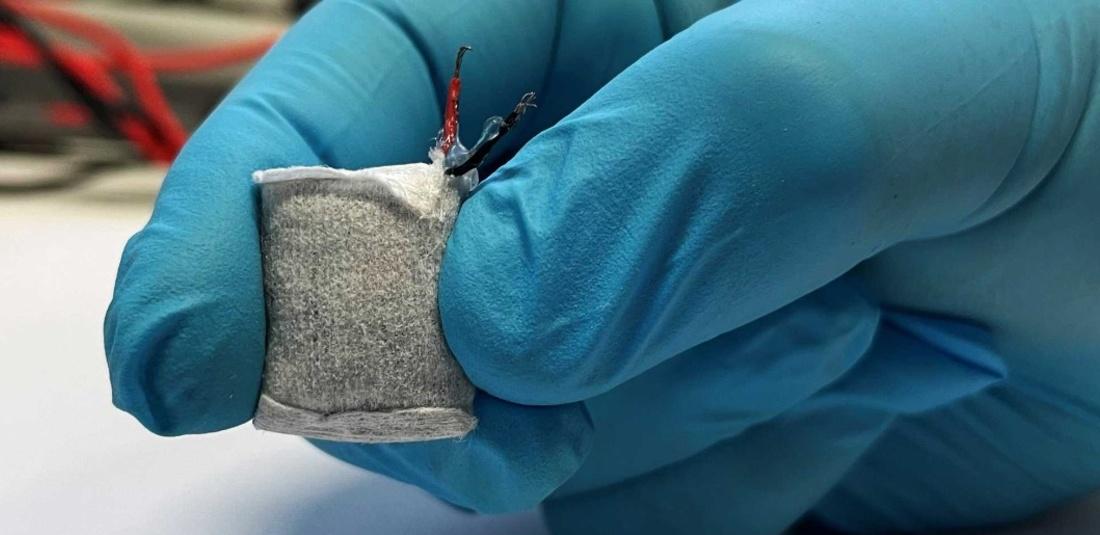
In a recent study by Walter and Eliza Hall Institute (WEHI), Melbourne, researchers have found that non-insulin molecules can behave like the insulin we carry within our bodies.
This throws light on an age-old question in diabetes research of whether a molecule that imitates insulin function in the body can be used as a treatment option for the disease.
Type 1 diabetes is caused due to the body’s inability to make insulin that is used by cells to utilise glucose for energy. The result is the build-up of glucose in the blood stream. High blood sugar levels can have a damaging effect on the organs of the body and require people to inject insulin into the body to manage sugar levels.
The new research conducted by WEHI’s Dr Nicholas Kirk and Professor Mike Lawrence, in collaboration with researchers from an American-based pharmaceutical company, Lilly, have been able to show that an insulin-like molecule can activate the insulin receptors found on the surface of cells.
In-depth study of molecules
Scientists have long searched for insulin-mimicking molecules that behave similarly. Insulin is a hormone that fits into insulin receptors, activating them to accept glucose molecules when their levels are high in the bloodstream.
The goal is to develop an insulin pill to reduce the dependence on painful injections, which is currently the only way that diabetes 1 is managed.
“Since the discovery of insulin 100 years ago, the development of an insulin pill has been a dream for diabetes researchers but, after decades of trying, there has been little success,” says Dr Nicholas Kirk, one of the lead authors of the paper published in Nature Communications.
Modern technology like the cryo-electron microscopy (cryo-EM) has made it easier to look at the structure of molecules. The cryo-EM works by visualising the intricate details of insulin receptors and their interaction with molecules like peptides in the form of 3D images.
“With cryo-EM, we can now directly compare how different molecules, including insulin, change the shape of the insulin receptor,” says Dr Kirk. He further adds that insulin’s interaction with cell receptors is a more complex process than once thought.
Visualising insulin-mimicking molecule interactions
For the current study, the team used cryo-EM to create blueprints of different molecules called peptides that can interact with the insulin receptor. The research identified one such molecule that was able to activate this receptor in the same way as insulin.
“Insulin has evolved to hold the receptor carefully, like a hand bringing a pair of tongs together,” Dr Kirk says. “The peptides we used work in pairs to activate the insulin receptor – like two hands grabbing the pair of tongs around the outside” he adds.
Findings like these are a step forward in the development of an oral pill. A feat that could still take time in terms of treatment outcomes for those currently diagnosed with diabetes.
“It’s still a long road that will require further research, but it’s exciting to know that our discovery opens the door for oral treatments for type 1 diabetes.”

















